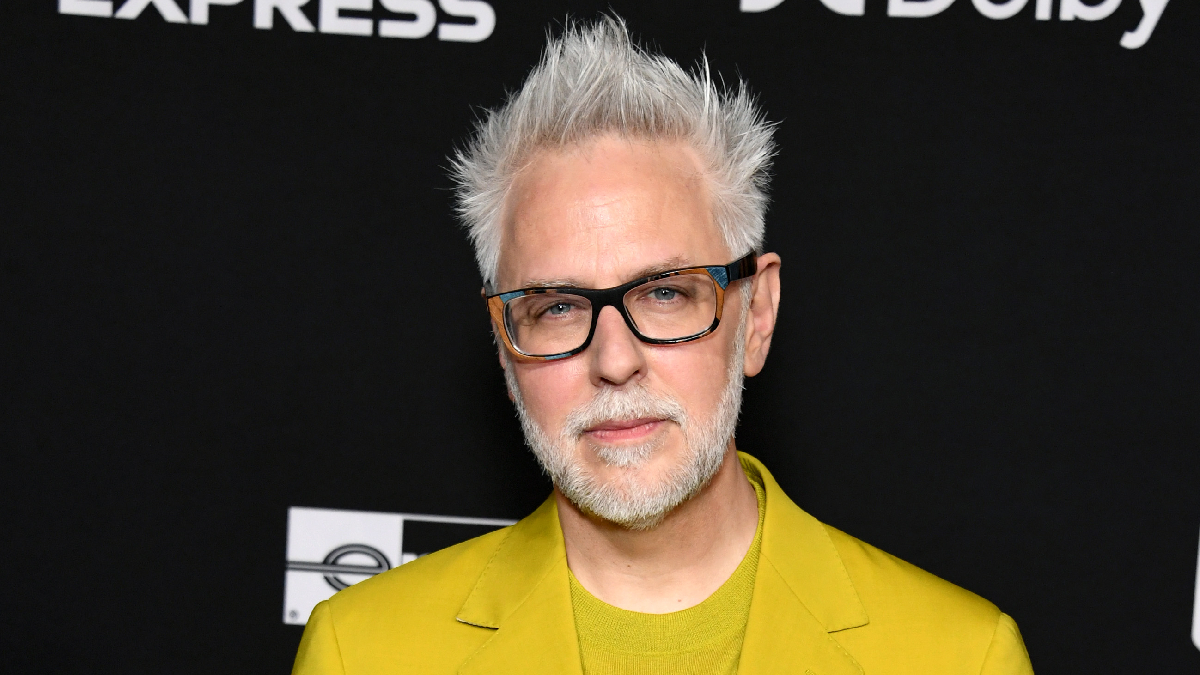James Gunn is in the midst of a career high at the moment, as he exits the MCU to broad applause and preps to make his mark on the still-developing DCU.
Gunn’s exit from Marvel’s corner of the cinematic superhero world is broadly considered the best entry in the franchise’s Phase Four. Guardians of the Galaxy Vol. 3 is a hit, according to nearly everyone who’s seen it, and it’s thanks to some very purposeful decisions on Gunn’s part. He delivered exactly the kind of film superhero fans have been waiting on, and in the process may have discovered the culprit behind superhero fatigue. The phenomenon has been increasingly prevalent in recent years, particularly as releases like Justice League, Doctor Strange in the Multiverse of Madness, and Ant-Man and the Wasp: Quantumania reinforce the idea that the superhero genre has nothing new to offer.
But Guardians Vol. 3 changes the conversation. While the film has its flaws, it’s managing to once again stoke interest in superhero releases, and fans are crediting Gunn with the reinvigoration of the genre. Gunn’s thoughts on the issue are clearly directly reflected in Guardians Vol. 3, the success of which indicates that the director hit the nail on the head.
Gunn explained, in an early April interview with Rolling Stone, that, in his opinion, superhero fatigue has nothing to do with superheroes. Instead, the 56-year-old filmmaker believes the exhaustion with superhero releases is due to “the kind of stories that get to be told,” and the slow turn away from character-based storytelling. The real issue with increasing audience disinterest, according to Gunn, is that people are tired of seeing “just a bunch of nonsense onscreen,” and are instead looking for an “emotionally grounded story.”
The month-old quotes are once again on the rise online, as people realize how well Gunn followed his own advice in Guardians Vol. 3. The story is inarguably emotionally grounded, and its careful handling of several challenging storylines is earning praise from fans. Longtime Guardians viewers shared concerns, in the lead-up to the film’s release, that Gunn would simply shoe-horn Gamora and Quill back into a romance, despite everything that’s occurred in the broad MCU, but Gunn didn’t take the easy route. He relied on closure, rather than reconciliation, to satisfy fans, even as he juggled a gut-wrenching story about Rocket’s origins.
Each of these storylines paid off well, and left fans satisfied — if a bit emotionally wrecked — as they exited theaters. Gunn clearly knows what he’s talking about here, and more storytellers could use this to follow his example. In my opinion, Gunn didn’t nail every aspect of proper storytelling in Guardians Vol. 3, with several plot lines simply coming about without the “therefore” element that makes the very best stories shine. Despite this, it is a clear example of good superhero storytelling, and it’s an easy pick for one of the best recent MCU releases.
With this in mind, filmmakers should take note of Gunn’s assertion. The superhero genre is starting to go the same way of tired action flicks and excessive dramas, appearing to take the route of quantity over quality. It seems safe to say, based on recent reactions to superhero flicks, that audiences would far prefer the alternative. I’m happy to wait an extra year between superhero releases if it means we’re getting more Guardians Vol. 3, and less Quantumania.
